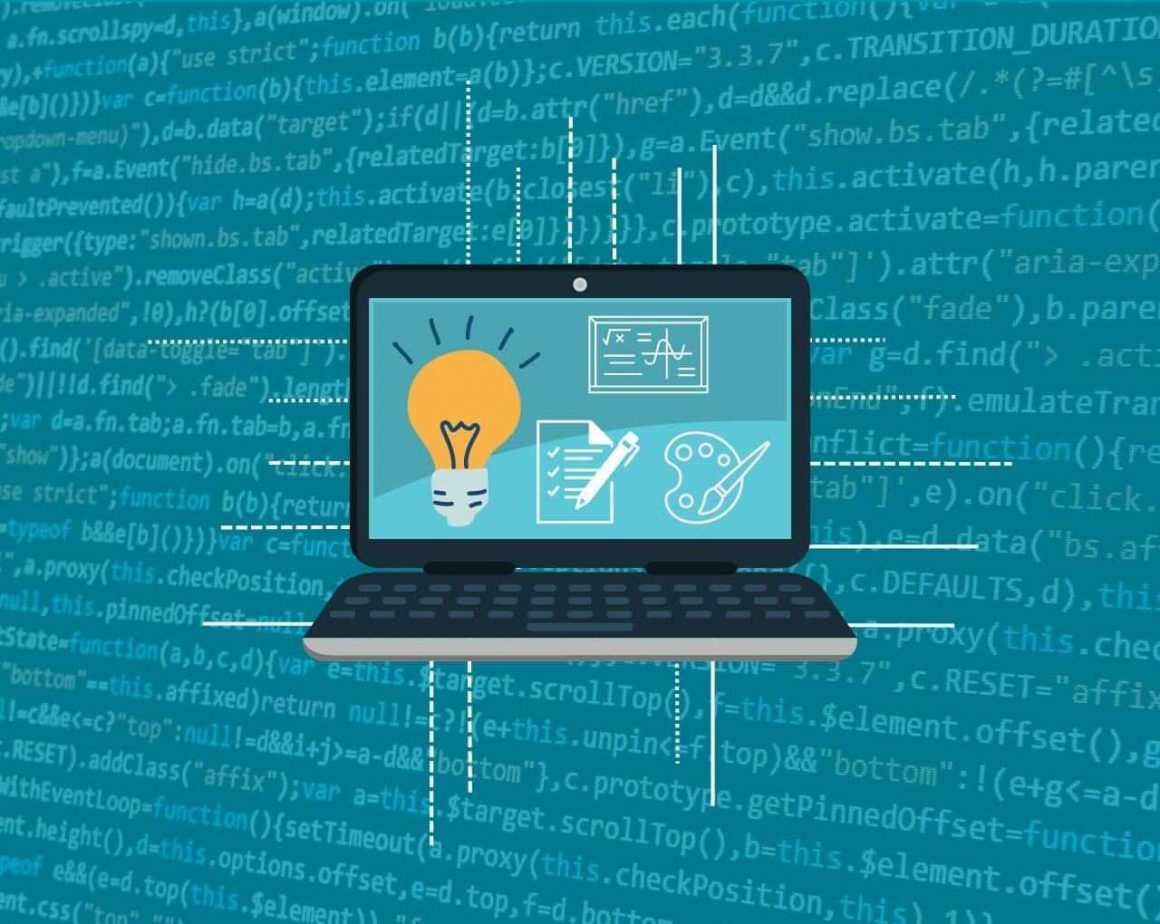
U of C research group investigates the ethics of AI tools in higher learning
By Eula Mengullo, March 28 2023—
The induction of ChatGPT has ushered in a new discussion surrounding academic integrity in higher education. The artificial intelligence (AI) chatbot was launched in November 2022 and has since been a source of dilemmas and concerns in academic circles.
Through a University of Calgary Teaching and Learning grant from the Taylor Institute for Teaching and Learning, a research group investigates the ethical integration of AI tools into academic settings and how it could enhance the student learning experience.
In a statement to the Gauntlet, principal investigator Dr. Sarah Eaton describes that it is essential for universities to adapt to this new reality. As an associate professor in the Werklund School of Education specializing in academic integrity, Eaton highlights that this new technology is not something that should be feared.
“I’ve been saying for months that if people are worried about ChatGPT, they’re worried about the wrong thing,” said Eaton. “There are now thousands of apps available to students that use the same or similar technologies as ChatGPT and are available widely on the internet.”
ChatGPT is a machine learning tool created by OpenAI, a private company backed by Microsoft. The software enables users to gain access to a plethora of knowledge. It can answer questions on a variety of topics and generate human-like responses.
Just recently, OpenAI launched GPT-4 — a more advanced variant with problem-solving capacity that can produce great accuracy. It further surpasses ChatGPT given its advanced reasoning capabilities.
“The launch of GPT-4 changes the game yet again,” said Eaton. “GPT-4 can create more factually accurate content and has been shown to take a variety of tests with a higher success rate than any previous GPT technologies.”
In light of recent technological advancements, Eaton emphasized that working with these new technologies is essential to moving forward.
“We need to learn to work with these technologies, not against them,” she said.
As the technological landscape continues to evolve, Eaton also emphasized the need to ensure that students are well-equipped to handle this transition in the workforce.
“If we want students to graduate from university with the skills they need to succeed in the workforce, knowing how to use AI tools is already an essential skill.
“We need to ensure our students, and our graduates, are ready for this reality,” said Eaton.
To learn more about the role of AI in learning assessment, the Werklund School of Education is hosting a presentation on June 8 called “Don’t fear the robot: Future-authentic assessment and generative artificial intelligence.”
